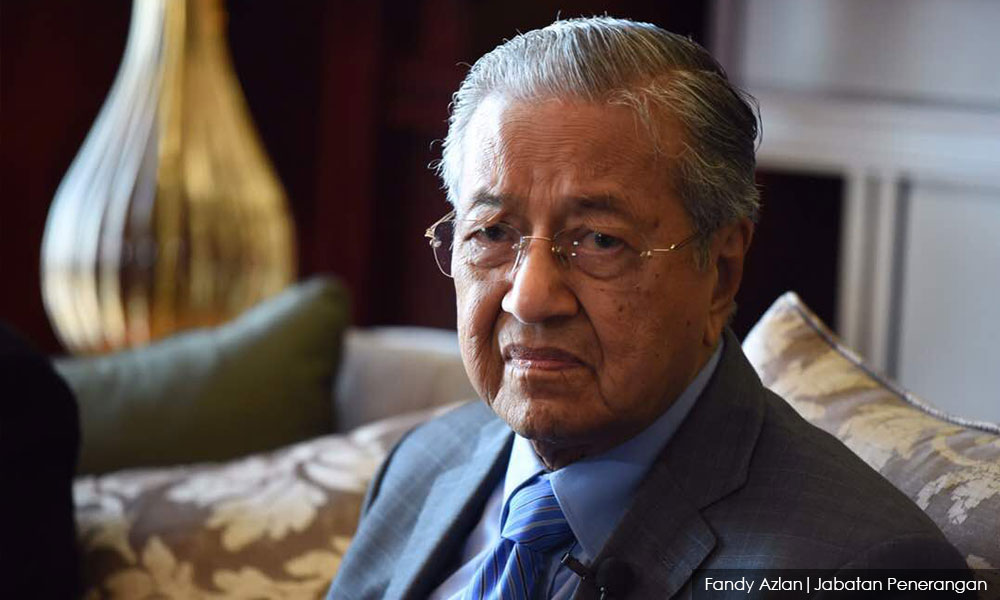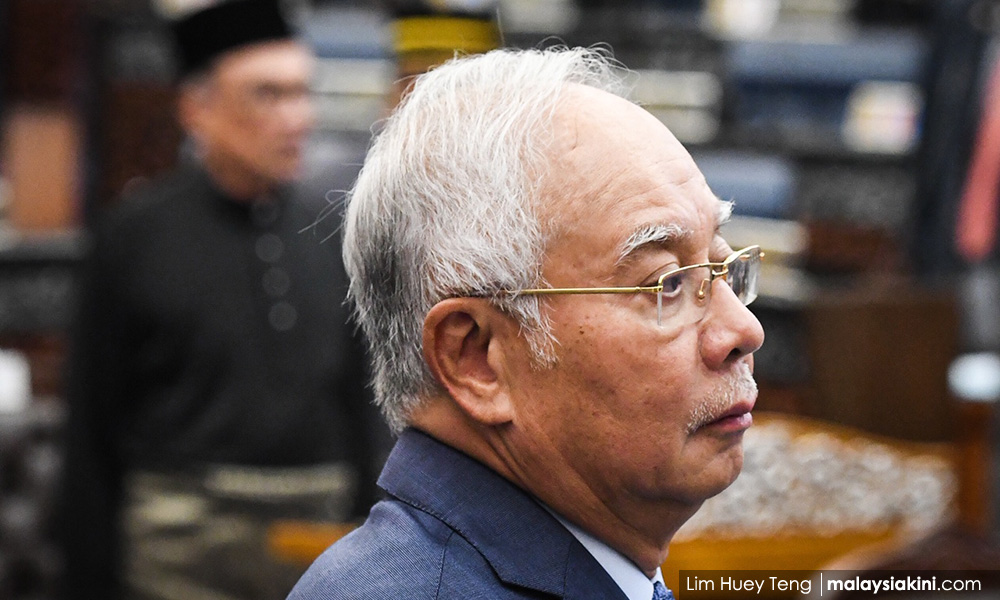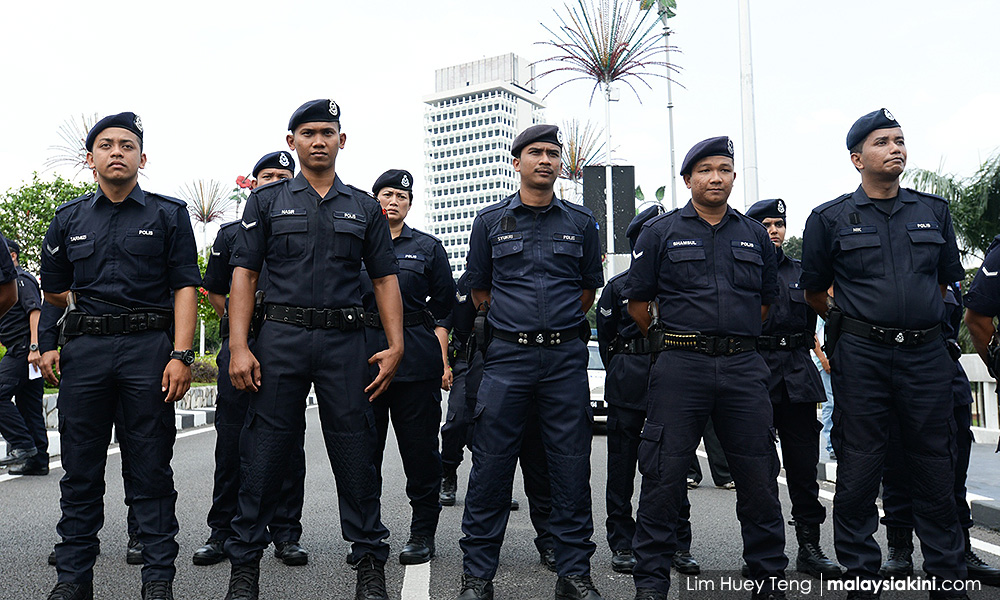
One hopes that upholding and enforcing the rule of law will be one of the legacies of Prime Minister Dr Mahathir Mohamad’s leadership.
He has emphasised the importance of this fundamental principle of governance over and over again since he assumed the prime ministership for the second time in his life on May 10, 2018.
The rule of law, needless to say, is what distinguishes a civilised society. It has been at the core of the long struggle for human dignity and social justice for centuries.
The rule of law is not just about a society governed by laws. The laws must be just and fair. They must promote and protect equality and dignity. When the law is supreme, there will be no room for arbitrariness.
All segments of the nation should have a clear understanding of what the rule of law implies. It is a pity that this is lacking in our society although the rule of law is the fourth principle of the Rukunegara, Malaysia’s national philosophy.
As part of this understanding, Malaysians should realise that the greatest threat to the rule of law comes from the abuse of power. The abuse of power associated with those who formulate the laws, who implement the laws and who enforce the laws.

In the last few years under the Najib Razak (photo) government, individuals and groups at different levels of society suffered the consequences of such wanton abuse of power.
It has underscored the critical importance of establishing mechanisms to curb and, if possible, eliminate such abuse.
For example, a law that requires those exercising executive and legislative powers to declare their assets and liabilities to the public and another that regulates the financing of political parties are among the mechanisms in the offing.
Making certain appointments, such as the MACC chief commissioner, answerable to a parliamentary select committee would be yet another move designed to enhance public accountability.
In this regard, the prime minister had also announced on Sept 21, the establishment of two institutions which are crucial for checking abuse of power especially in relation to the ordinary citizen.
The Independent Police Complaints and Misconduct Commission (IPCMC) was perhaps the most significant of the 125 recommendations made by a Royal Commission in 2005 but it failed to materialise mainly because of opposition from certain quarters and the lack of political will on the part of the powers-that-be.
The IPCMC was supposed to investigate and act on police corruption, criminal offences by the police and other misconduct. It was largely because police abuses had become rife and rampant that there was public clamour for an independent body to investigate and act.
Now after 13 years, Mahathir has taken the courageous step of bringing the IPCMC into reality. It is a timely move that is most welcome because there is increasing evidence of bribes allegedly influencing police investigations and of malice stemming from extraneous links driving the conduct of certain police personnel.

For misconduct outside the police force, Mahathir is proposing an Ombudsman Act which will install a public official who will receive, investigate and act on complaints of abuses by all public officials.
To be effective, different spheres of public life should have different ombudsman. It is interesting that this idea was first explored in the early 70s by the second prime minister, the late Abdul Razak Hussein. One hopes that it will now see the light of day.
To be honest, there is no guarantee that the IPCMC and the Ombudsman will emerge as effective, independent instruments for checking abuse of power.
There may be attempts by public servants themselves to dilute their independence, to weaken their strength. Or those who are given the task of actually designing these instruments may procrastinate or find all sorts of excuses to delay their implementation.
In other words, we should not discount the danger of sabotage or subversion from within.
This is a danger that is real especially in view of the allegation made by the Council of Eminent Persons chairman Daim Zainuddin, that there maybe “moles” in the public services leaking information to the likes of Jho Low, wanted by the Malaysian authorities and other jurisdictions because of his pivotal role in the 1MDB scandal.
What this suggests is that action against wrong-doers maybe hampered and hindered by those who are entrusted with the mission of protecting the public good. Sabotage from within is therefore a factor that should also be considered in the struggle to enforce the rule of law.
All the more reason why Malaysians with conscience and integrity should not waver in this momentous struggle.
CHANDRA MUZAFFAR is the chairman of the Board of Trustees of Yayasan Perpaduan Malaysia. --Mkini



No comments:
Post a Comment
Note: Only a member of this blog may post a comment.